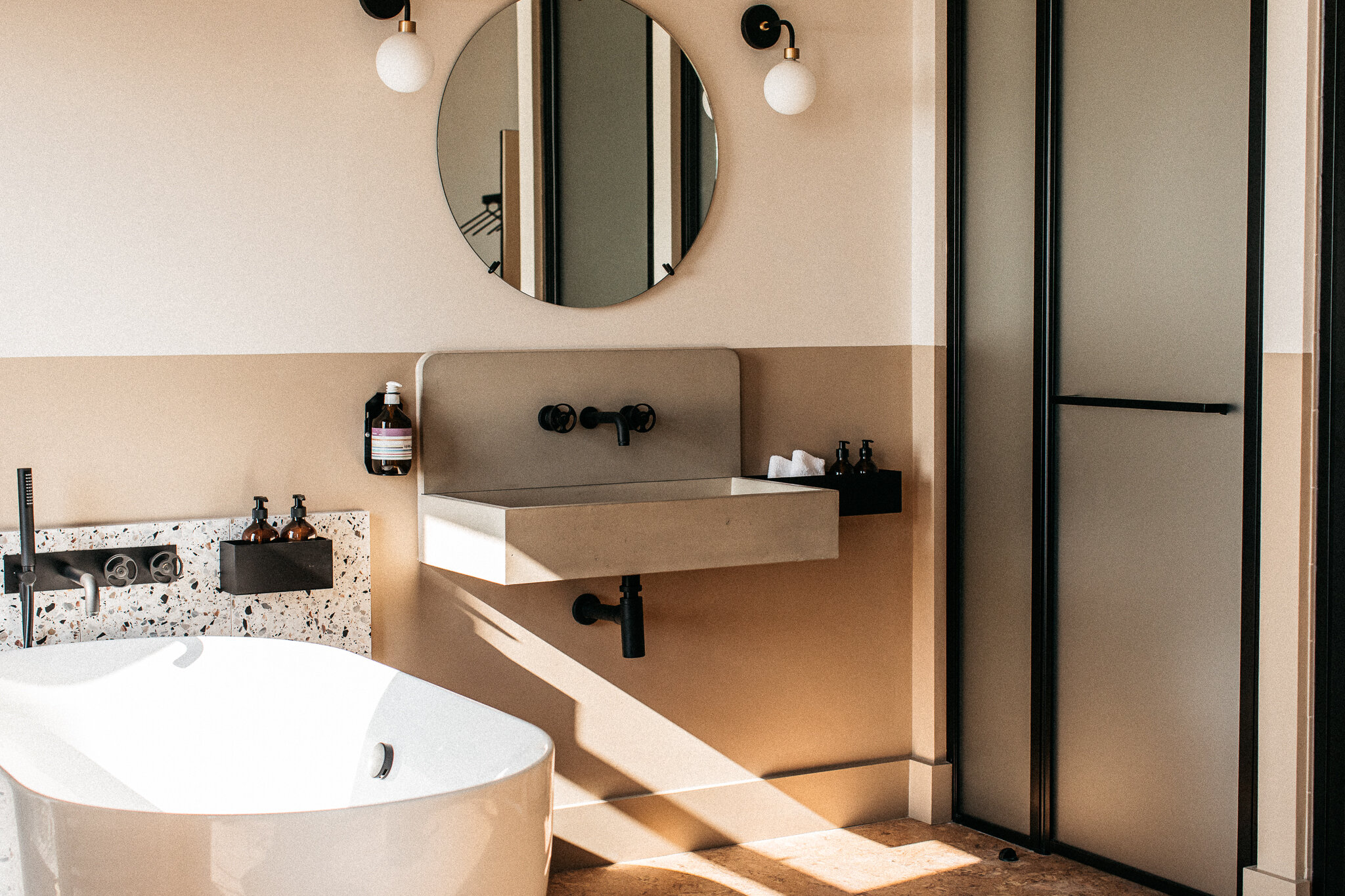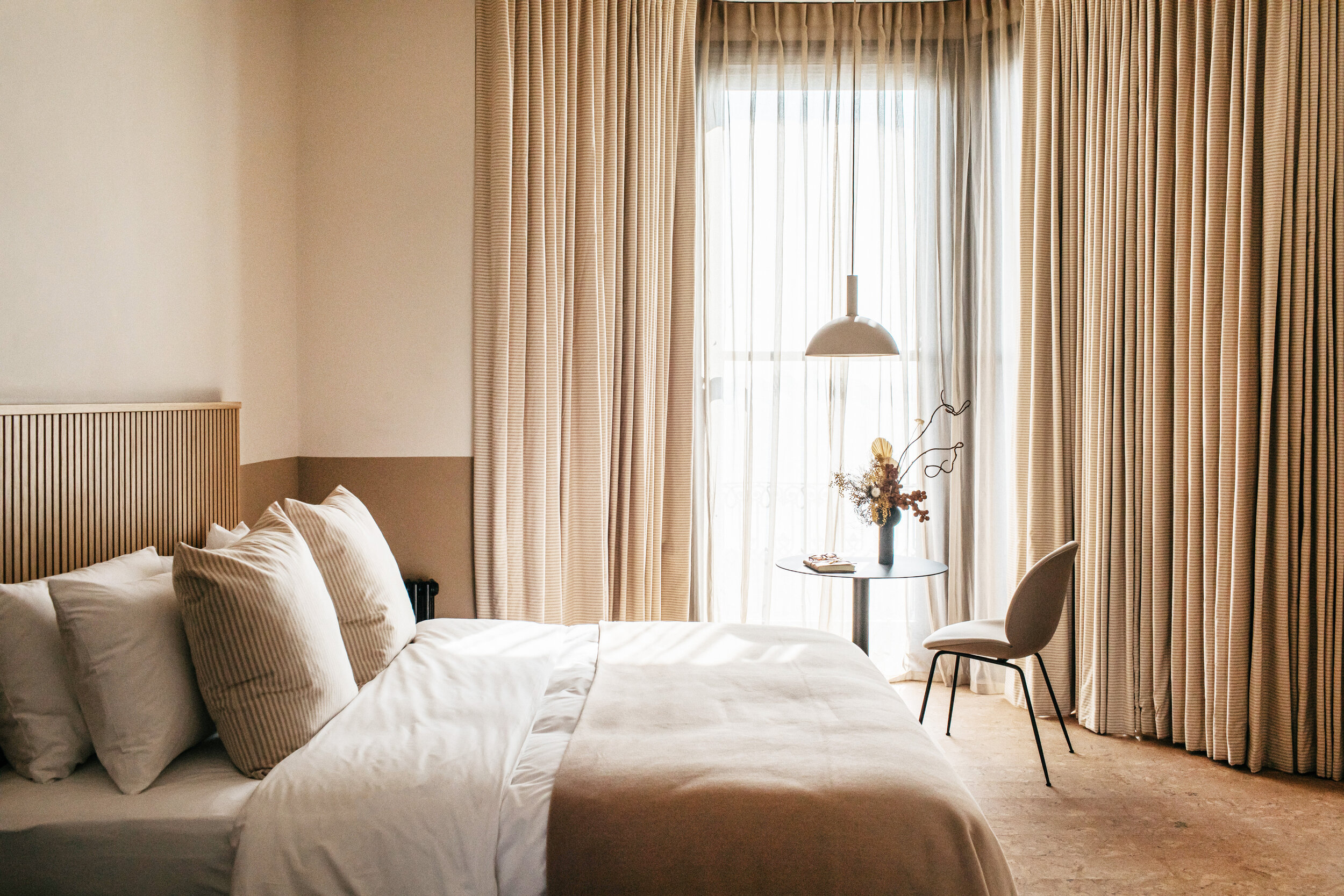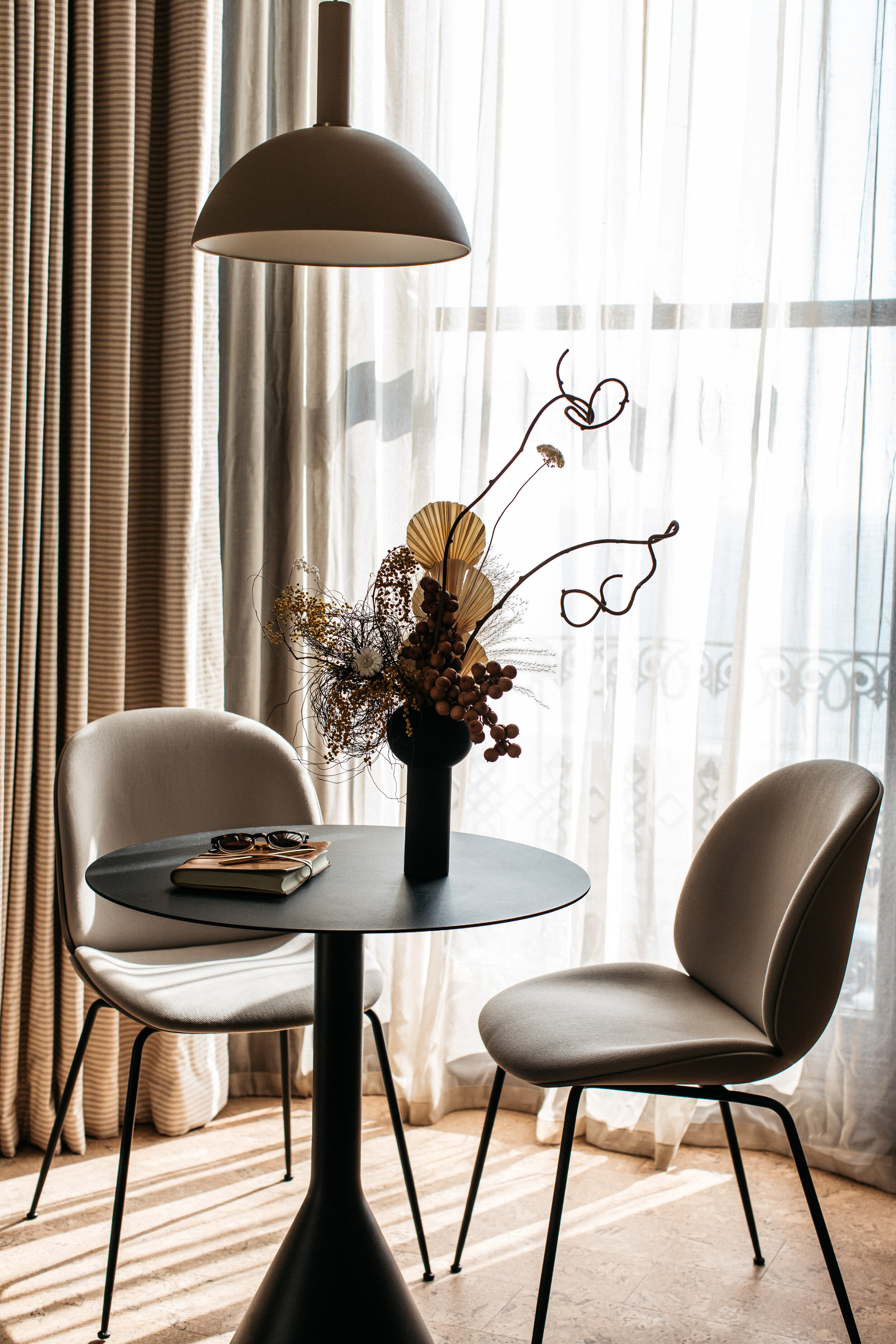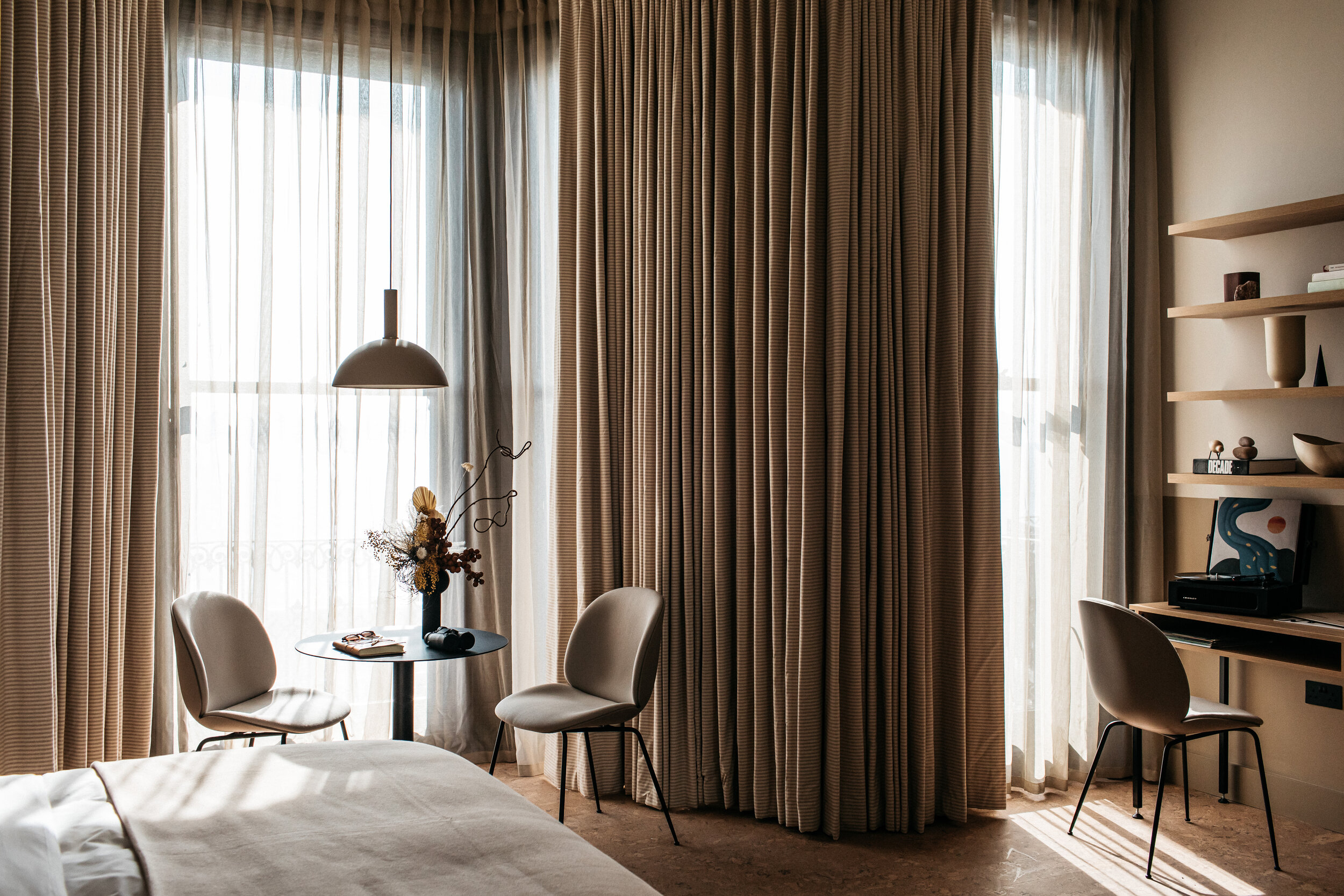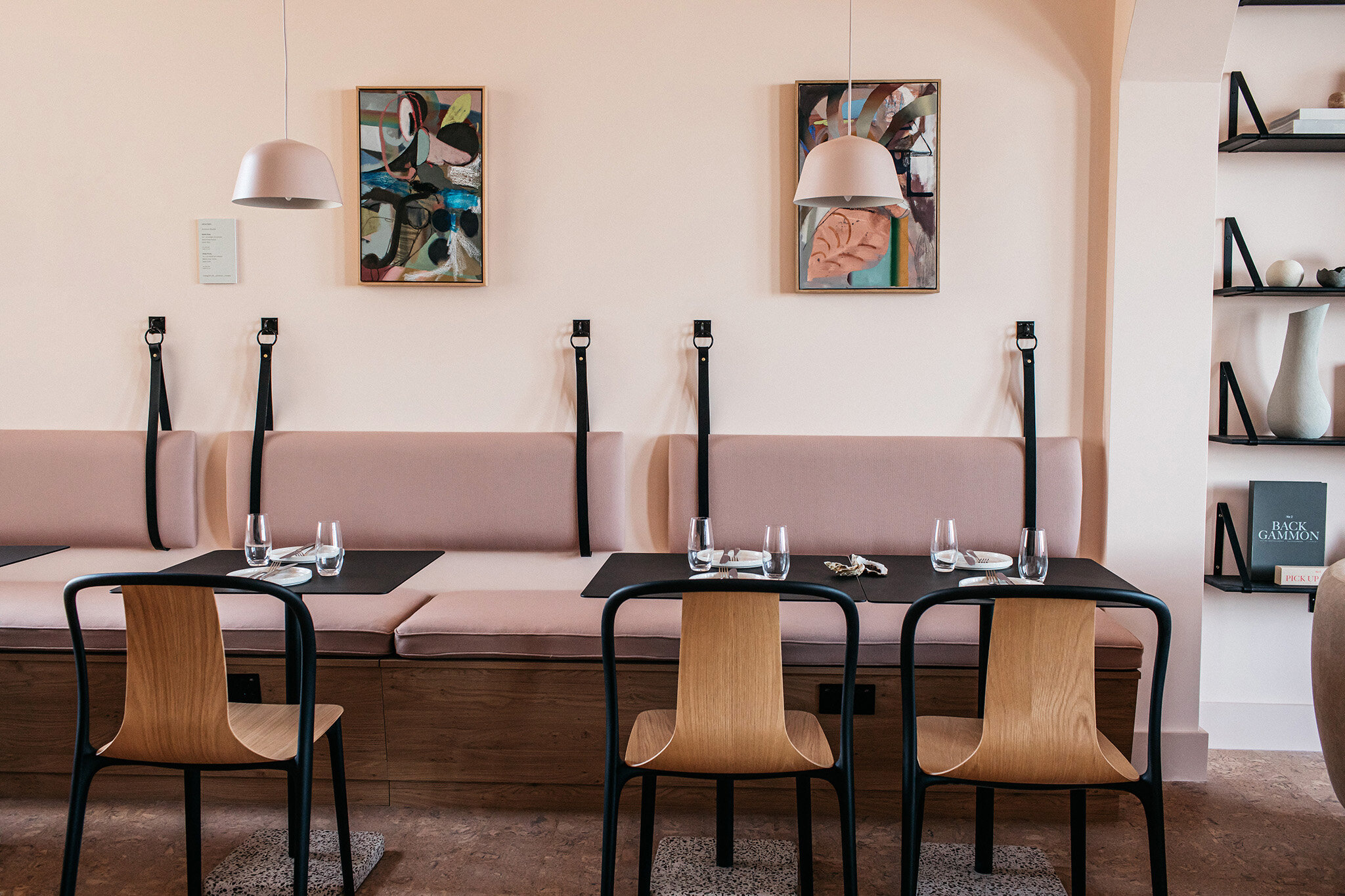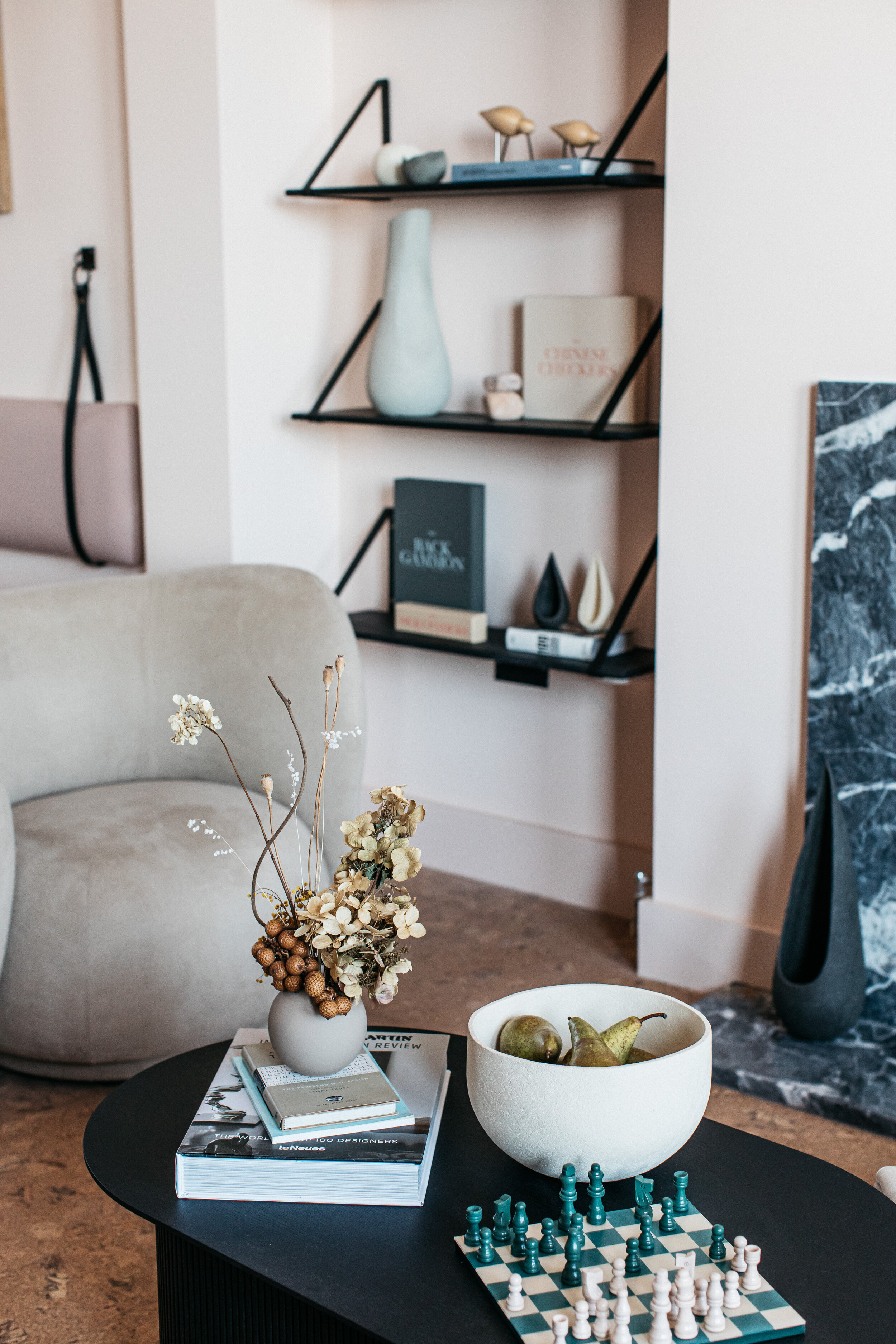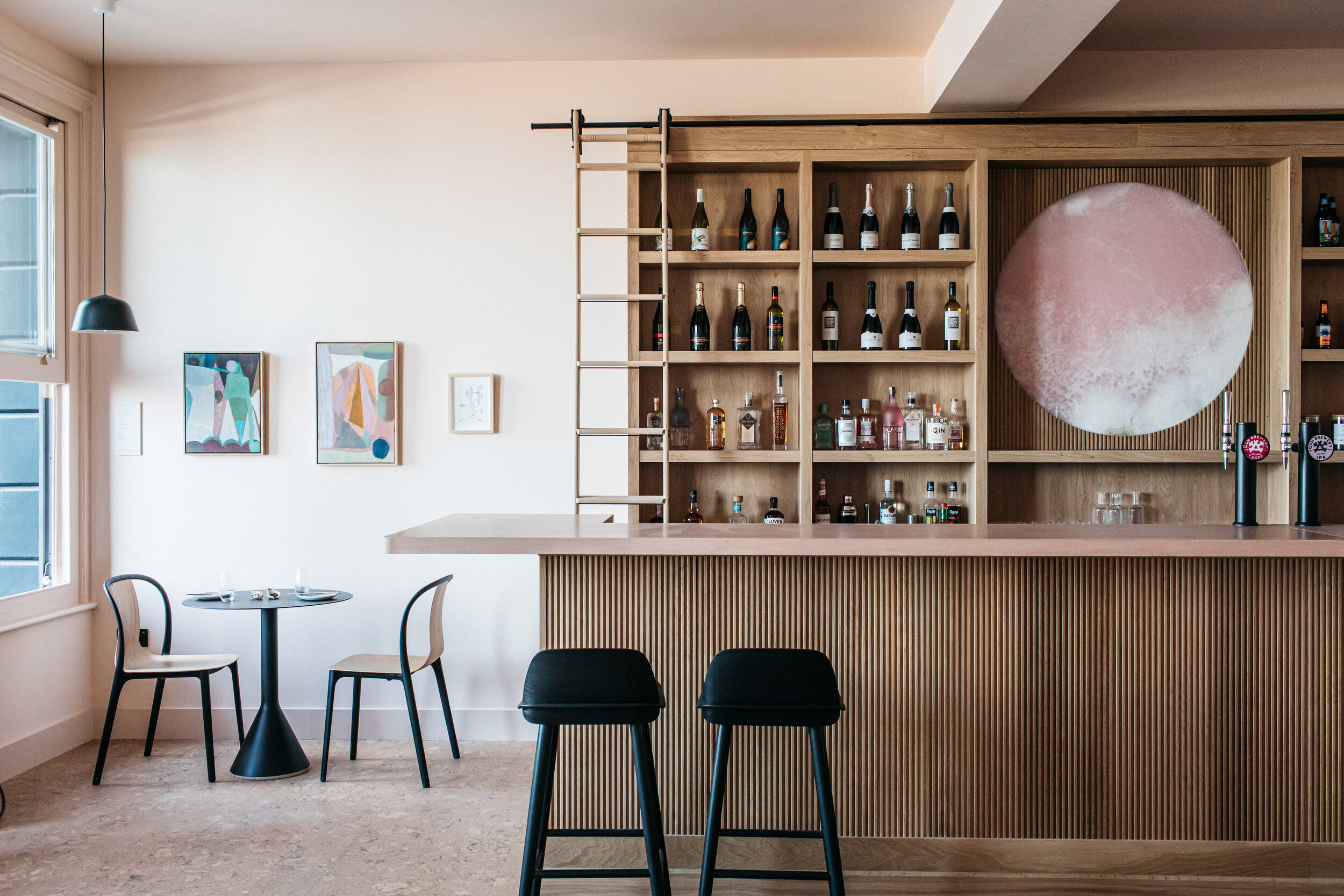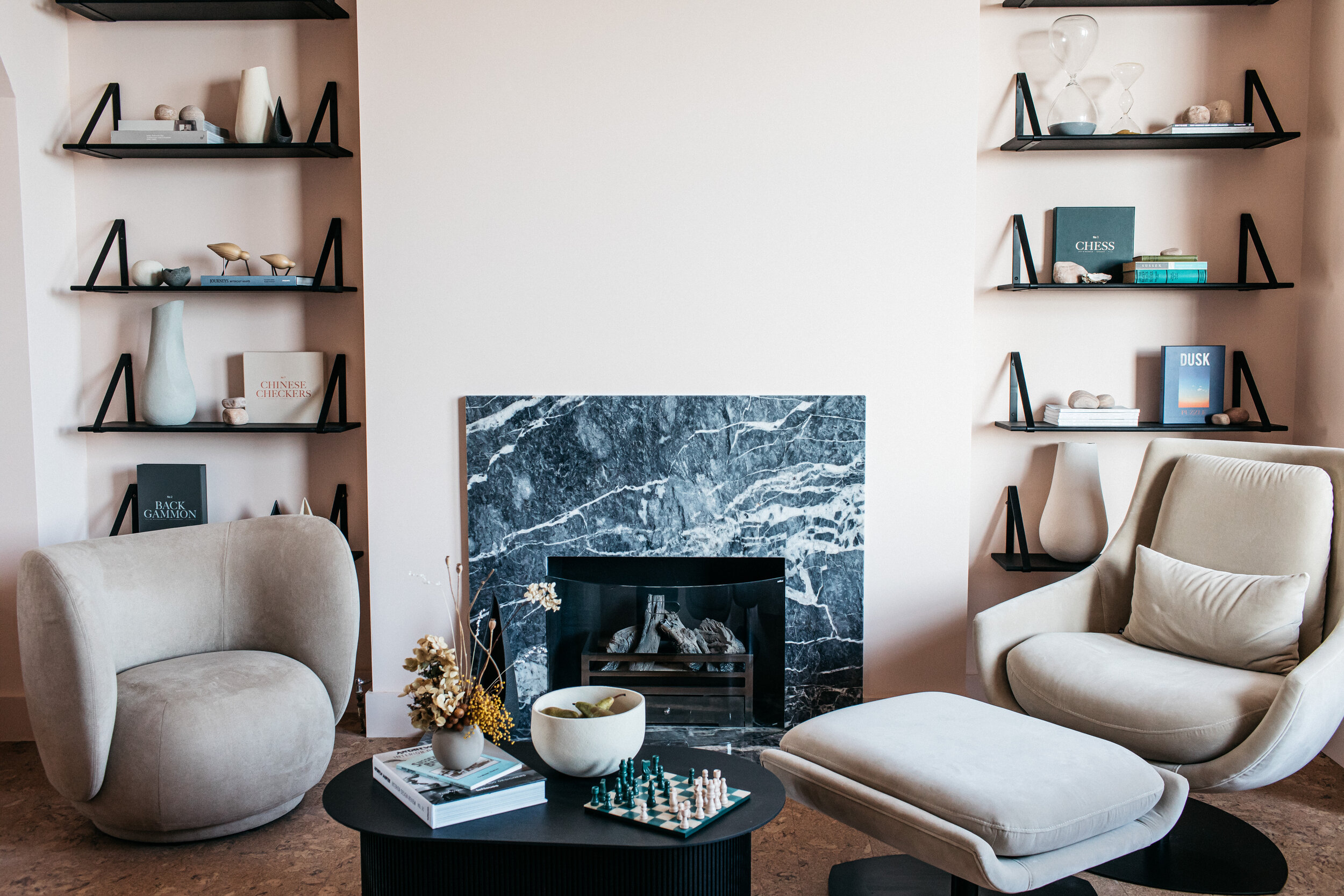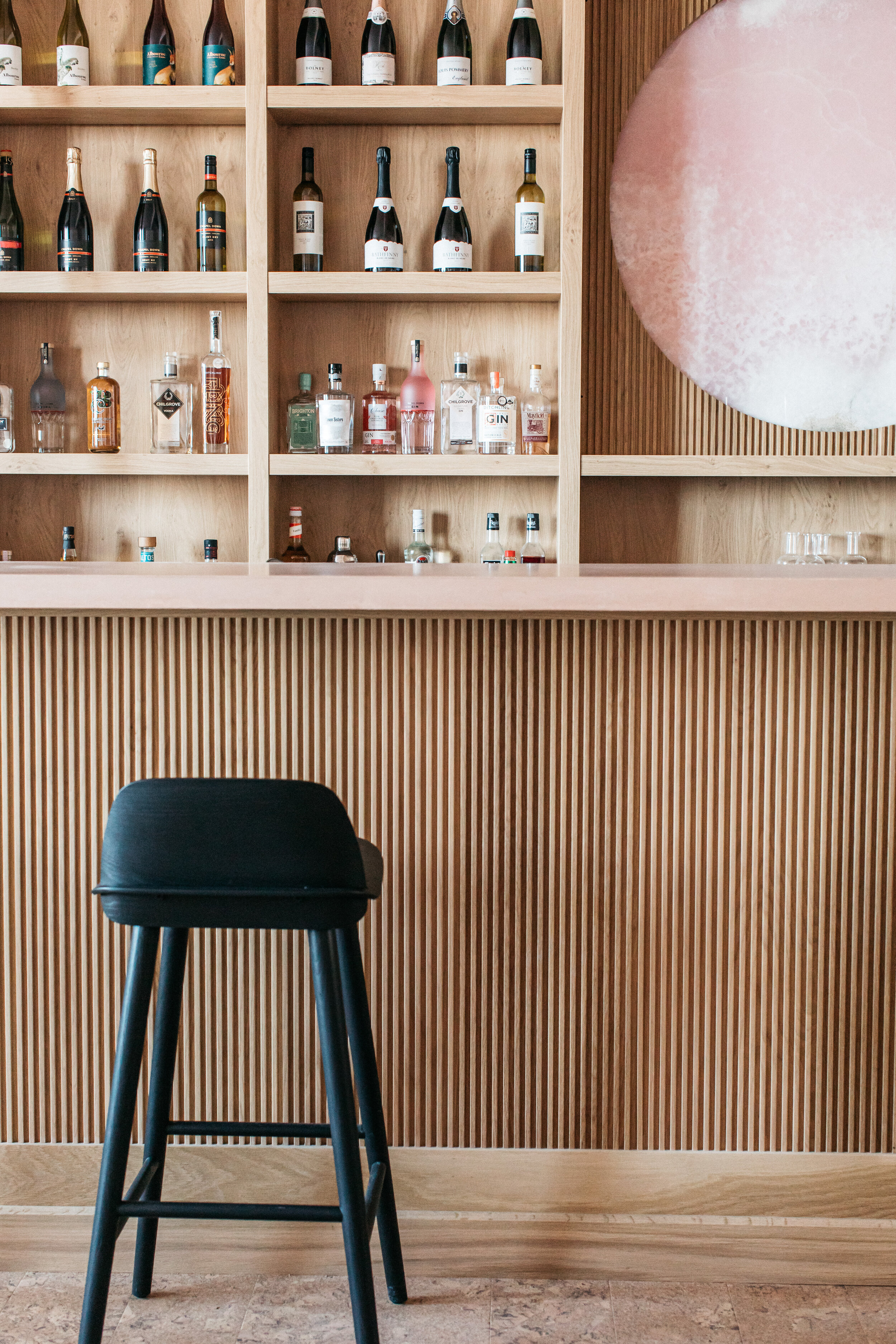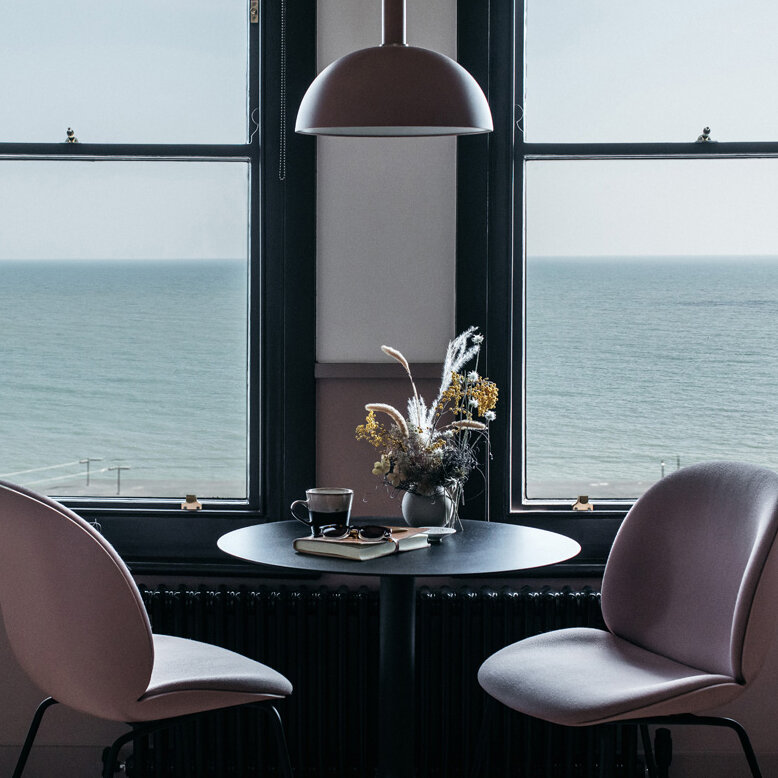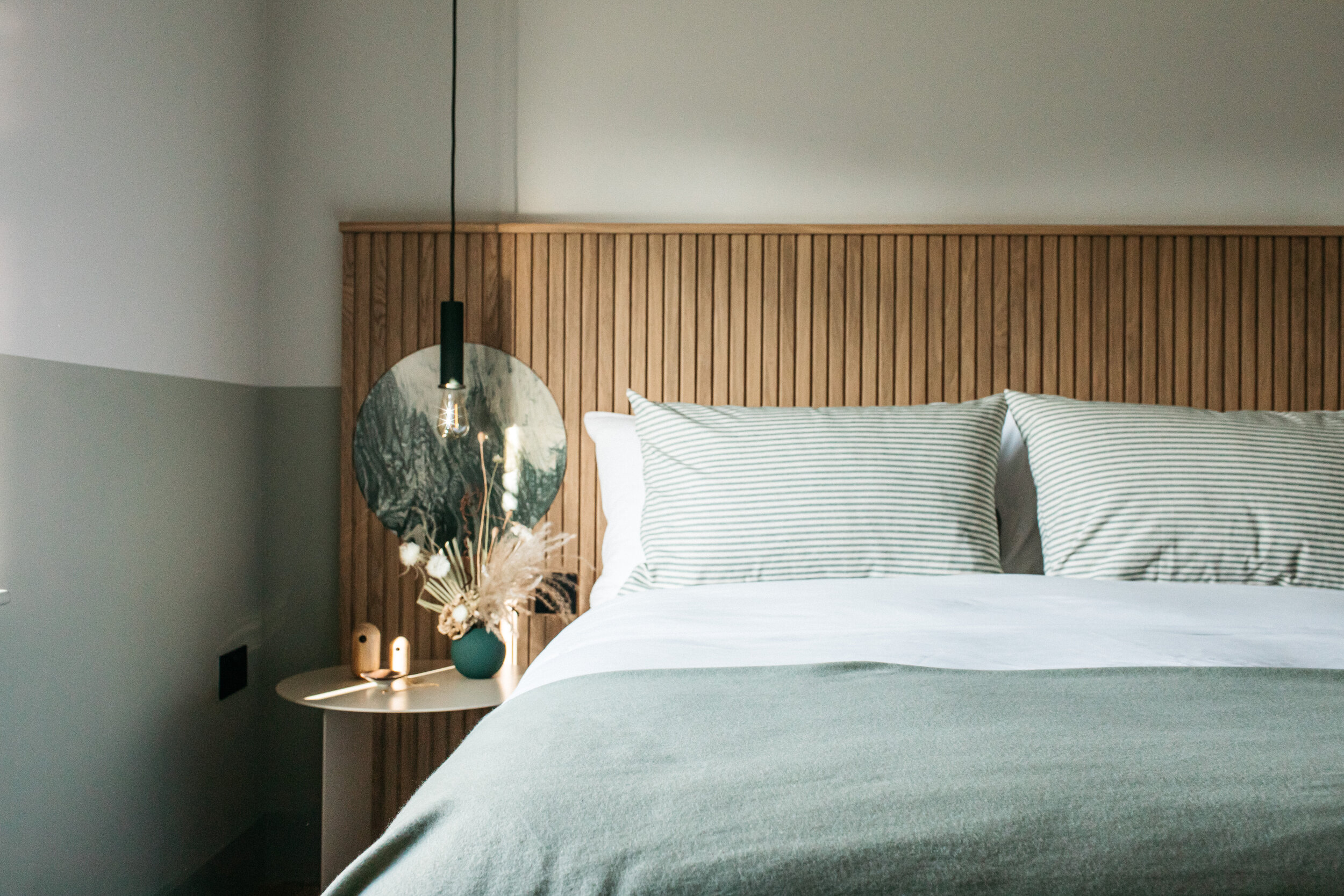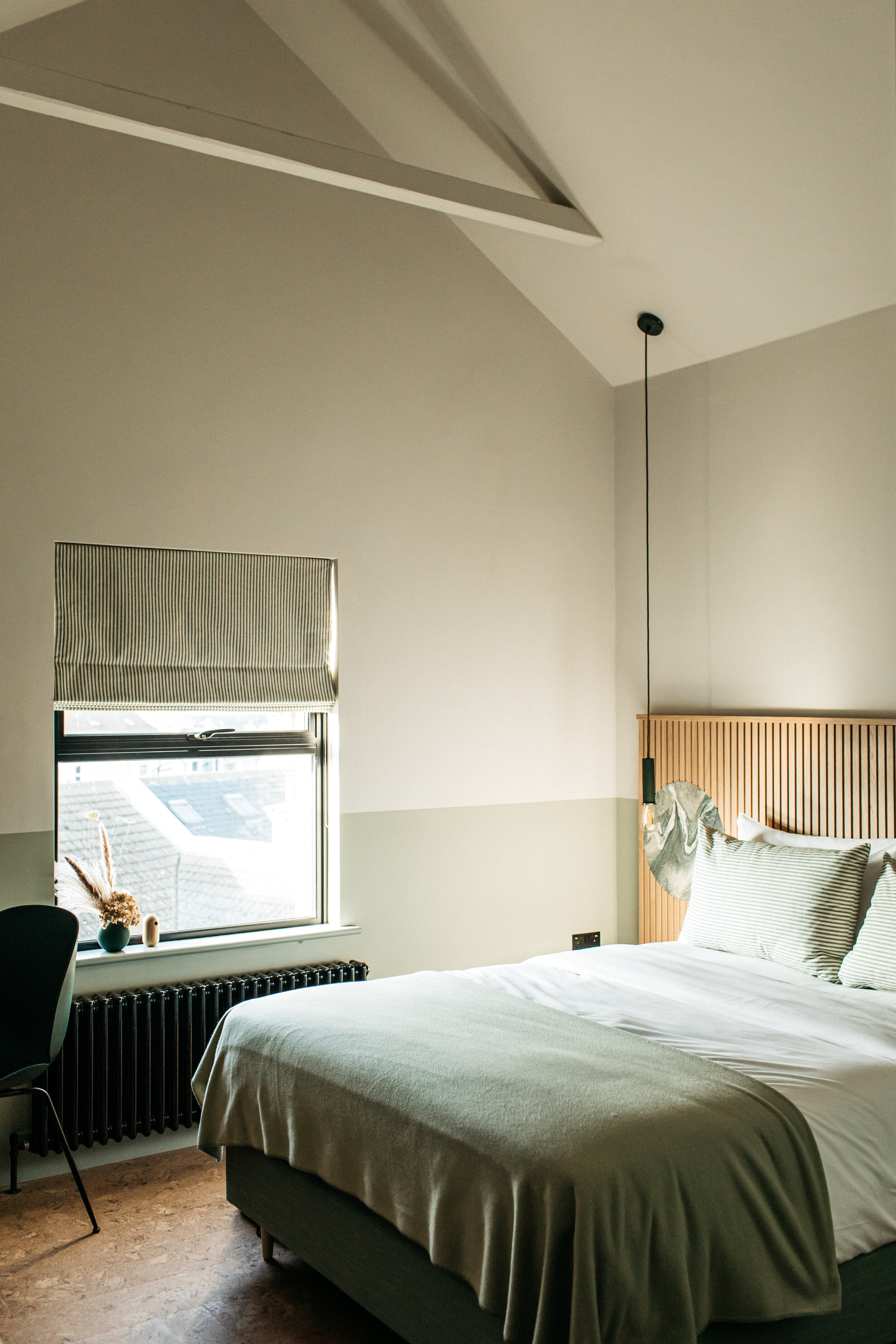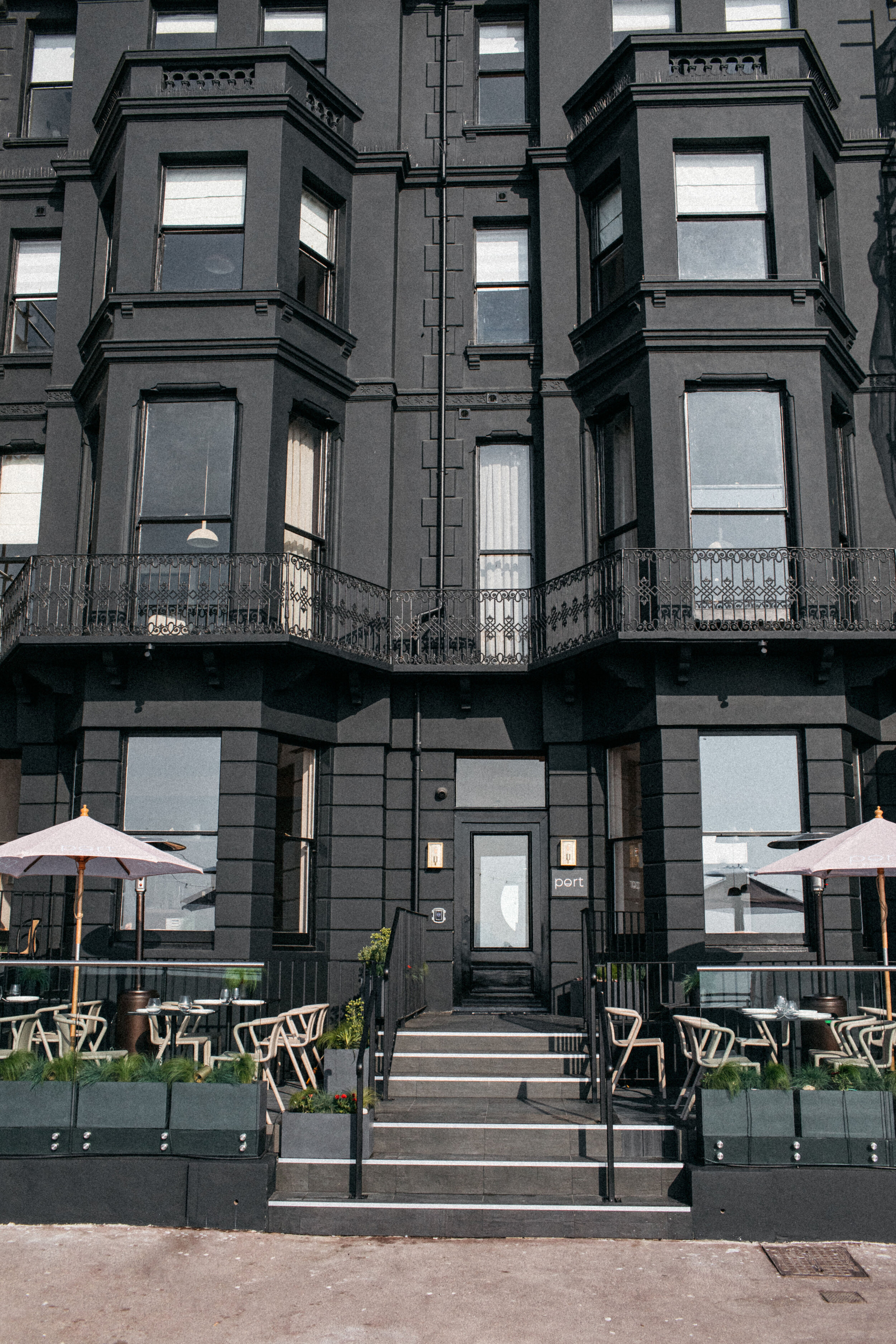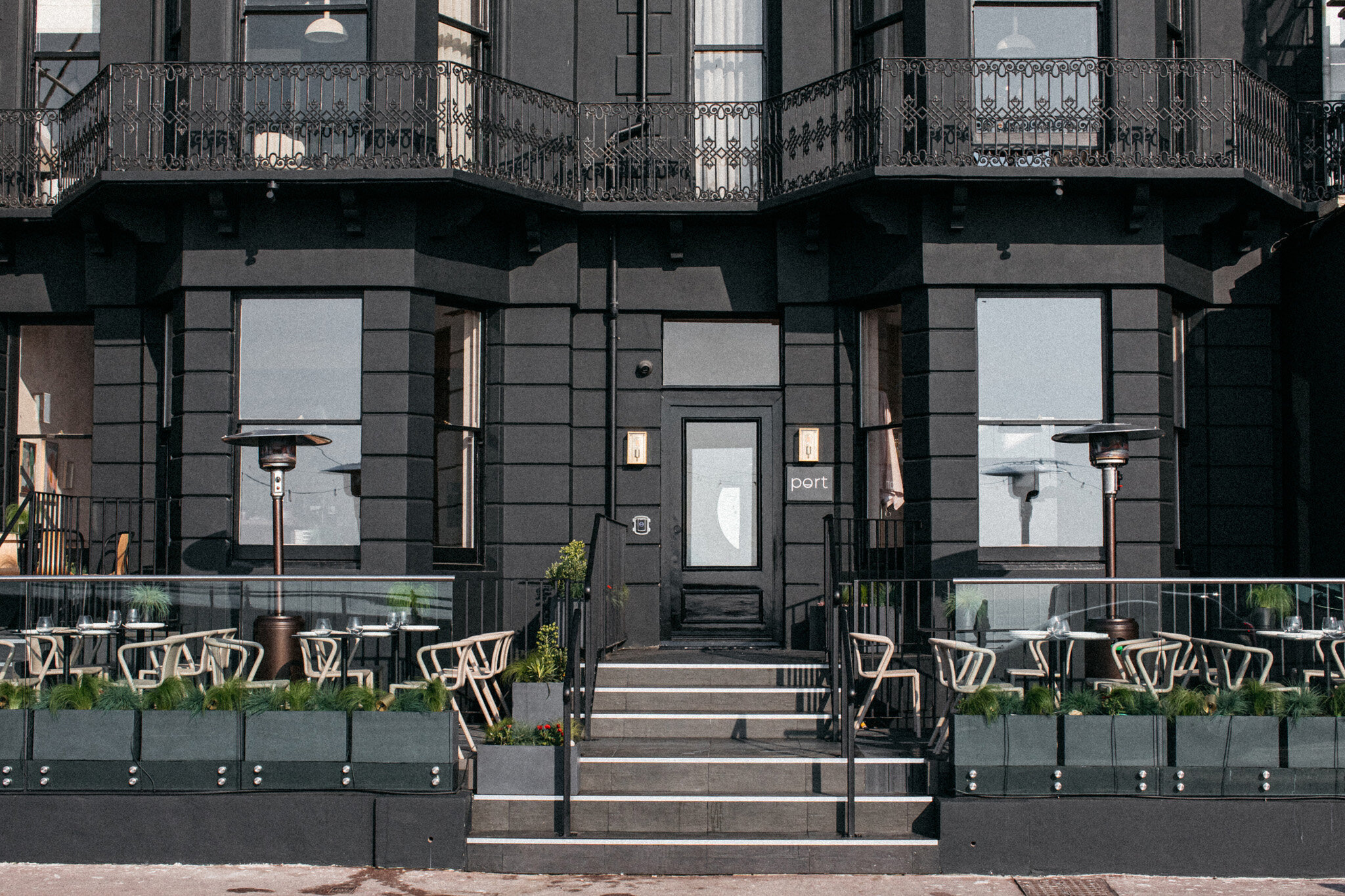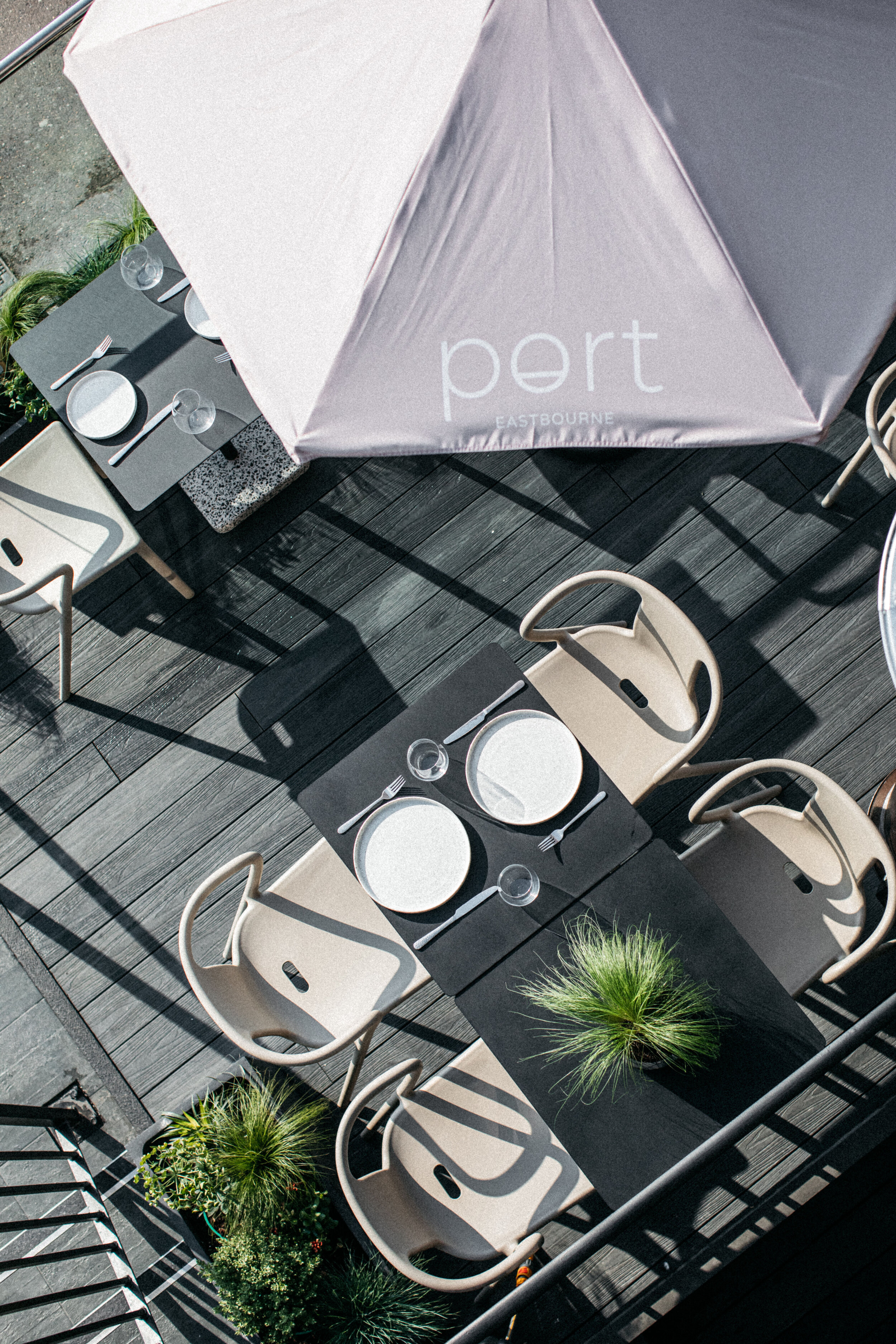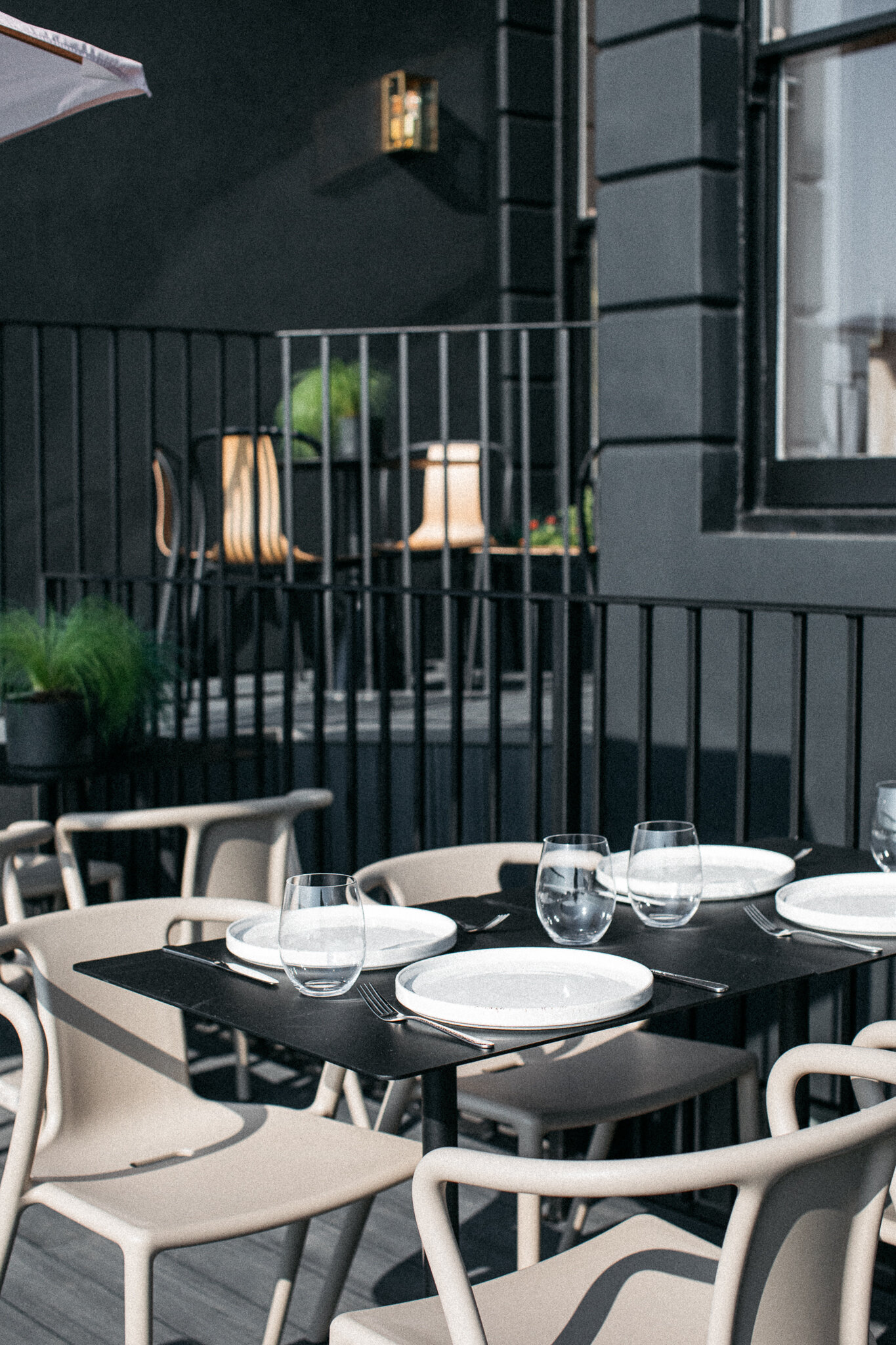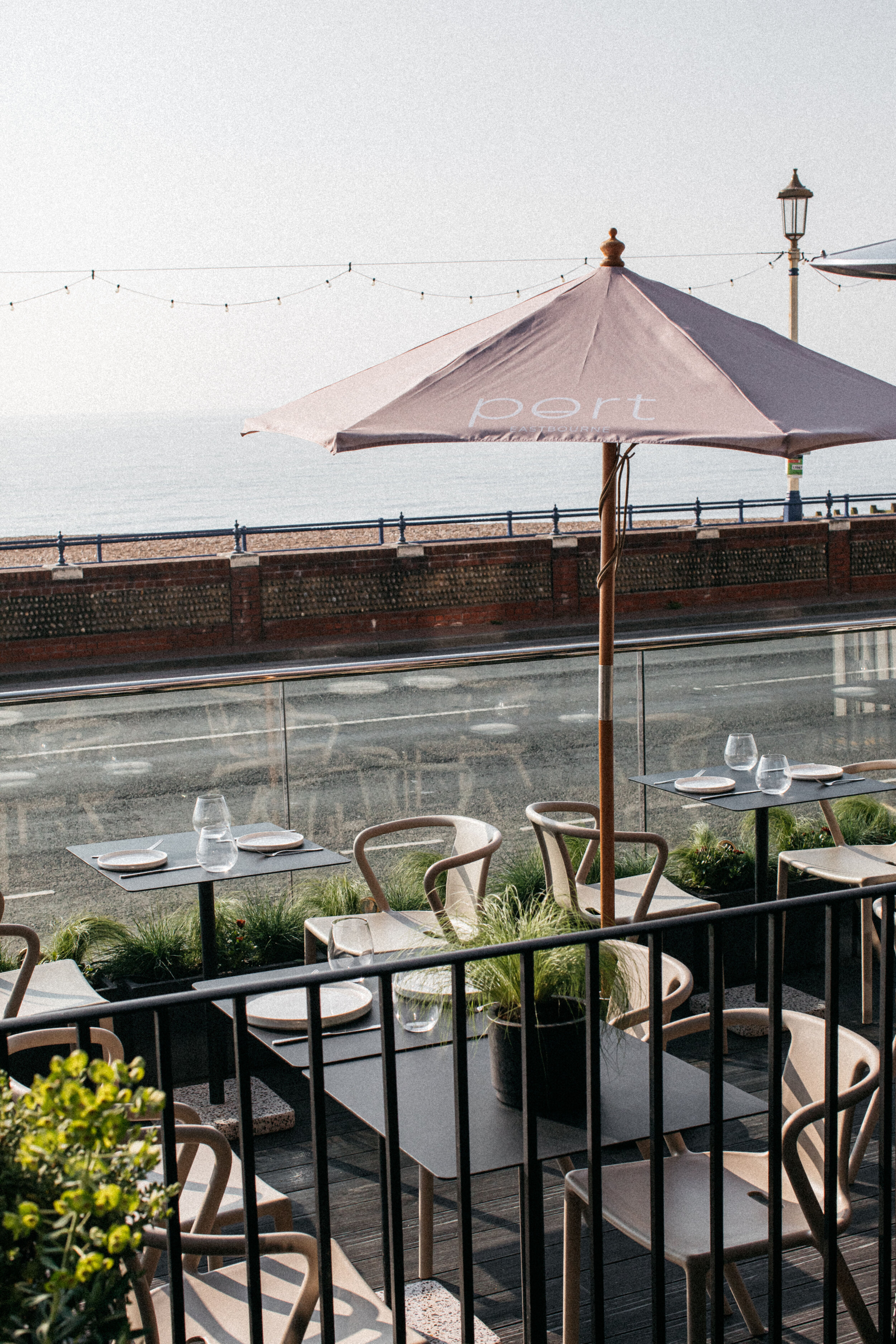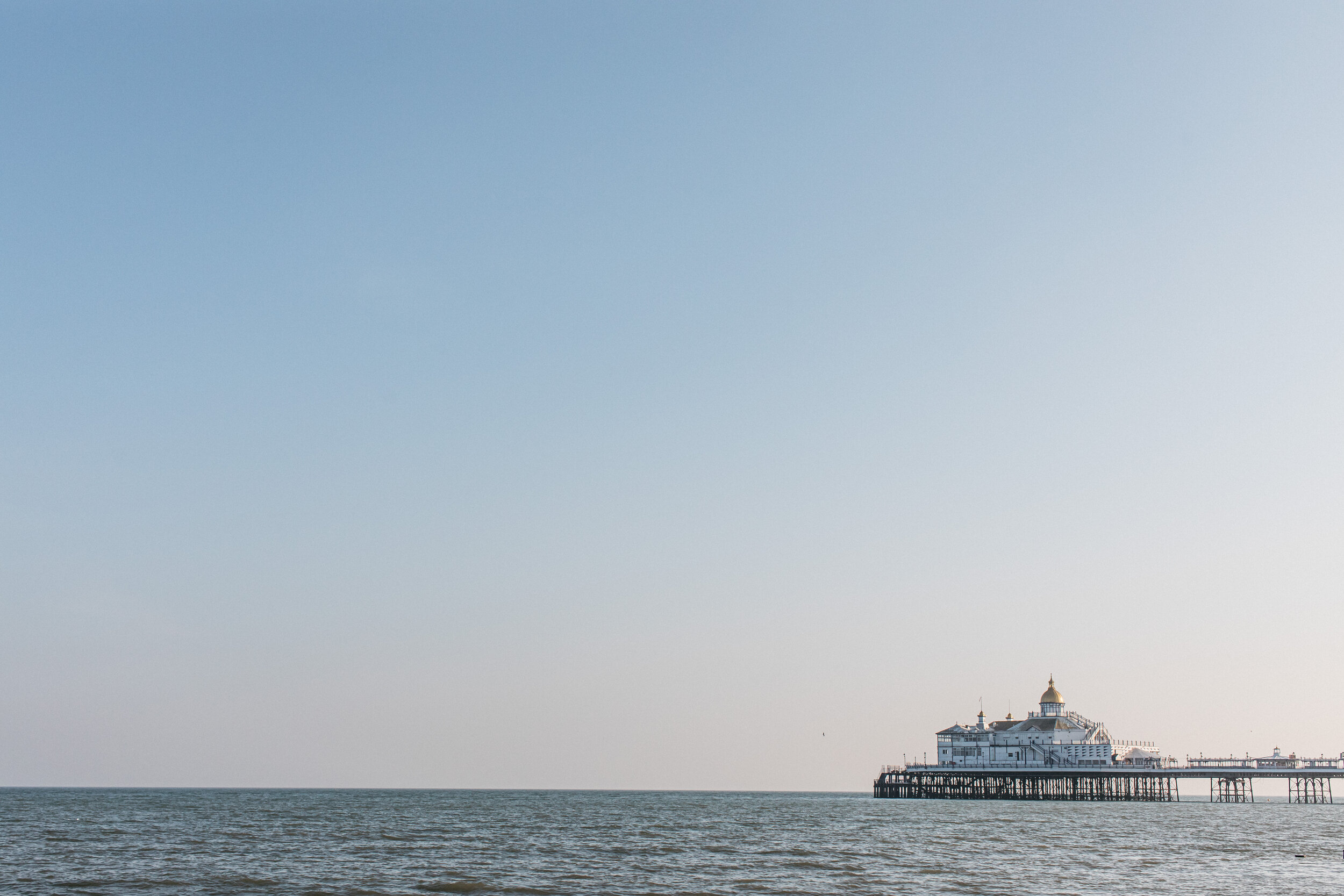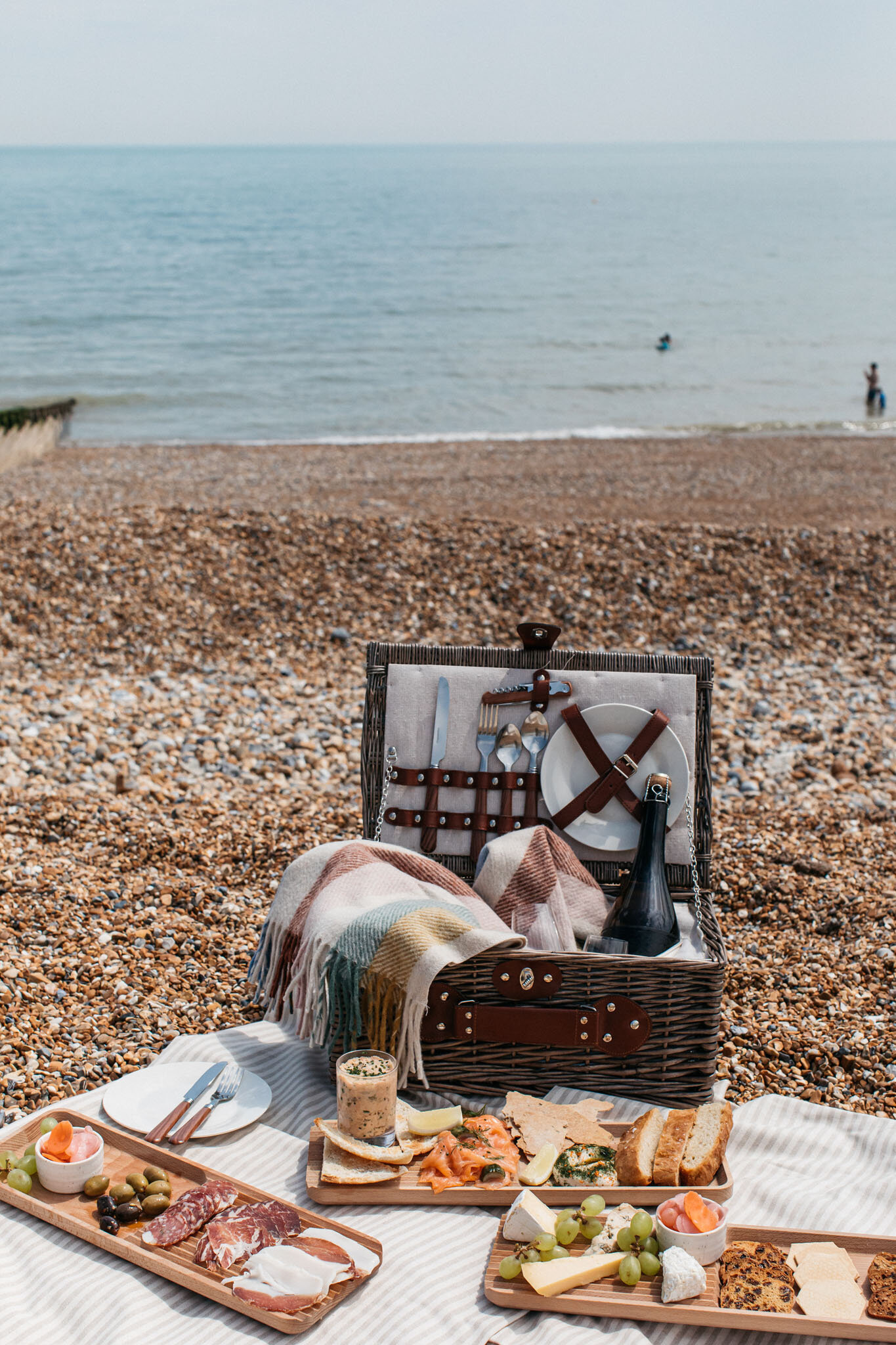The Trial and Triumph of Port Hotel Eastbourne
Ian Douglas is the Owner and Managing Director at Phoenix Global Ltd. In this article, he shares about his most recent project, the Port Hotel Eastbourne, as well as his career.
The list of world-known landmarks developed by property developer Ian Douglas is astonishing: Atlantis, The Palm in Dubai; Cape Town International Convention Centre in South Africa; the Mazagan Beach Resort in Morocco; the Singapore Sentosa Integrated Resort; and, most recently, the Port Hotel in the United Kingdom. In this exclusive Q&A, Ian Douglas describes his latest project in more detail and shares about his professional journey so far.
How did this project come about?
My (now) business partner Peter Cadwallader and I were both early members of Quorum, which subsequently became Qandor. In 2018, Peter approached me at a Qandor meeting and asked me what I thought about the UK seaside hotel offering. I told him I had no idea, as I had never stayed in a UK seaside hotel other than one trip to Brighton sometime in the 10 years I had been living in the UK. He put it to me that he thought there was an opportunity to take unloved seaside buildings and add value to these through the re-development and subsequent hotel offering.
Peter and I started looking for a property and I began to get a better understanding of what was currently on offer. We found an abandoned hotel in Eastbourne and the fit was great for what we thought we wanted to do.
At that time, Peter was advocating a minimum service – highly-automated – hotel. I was concerned about this, as I did not think that people going to the seaside wanted to interact primarily with technology (rather than real people) in their experience. It was an interesting discussion.
We worked through it and decided that the proposition of developing an ‘affordable luxury’, design-led, seaside hotel offering with strong F&B was the way forward. I am a great believer in brands and the power of a ‘time-relevant’ brand, and we thus went to a branding guru – Liv Knight – of the company Patchworks to help us with the brand. After an efficient process to understand where we thought the market was headed and aligning this with our objectives, Port Hotels was conceptualised.
Peter’s development experience with Uplift (his previous company) stood us in good stead, although I think Peter changed his approach as a business owner to getting things done far more economically and he was fantastic at squeezing every last bit of value from the subcontractors that he managed on the substantial building refurb.
What were the inspirations for the interiors of the hotel?
The brand conceptualisation process determined the palette of the hotel, where the sea-facing parts of the property are inspired by the colours of the beach and the coastal weather, so sandy, pink, and stone tones. The colours of the town-facing rooms link to the Sussex downs, so tones of green.
Port is a bit like an entrepreneurial family business, however, so we asked my (life) partner Imraan Ismail to work on the interiors. He is a published architectural interior designer, so it was great to work with him on this, our first project together. Imraan took the brand concept as inspiration but developed this further in a highly creative way and this has been rewarded by the project being shortlisted in The International Hotel and Property Awards in the ‘hotel under 50 rooms’ category, along with three other properties. Voting for this prestigious international award is live at the moment, so we hold thumbs that Port is recognised further by winning the award in September this year.
What was your favourite part in the project, and why?
A couple of things, really. Firstly, I took specific responsibility for the planting and tried to create real ‘curb appeal’ for the hotel. I am a big believer in curb appeal and ‘getting noticed’.
We decided to colour the exterior beach-facing façade of the building a dark charcoal / black colour and then combined this with substantial planting to both give our customers a beautifully planted entrance and front terrace and to also have the hotel resonate with our target customer, whom we think we have identified as someone (a couple) in their 30s who are looking to escape their urban environment (rented flat in somewhere like Balham or Battersea) and city life and get back to the sea and nature to ‘escape, connect and create’.
I personally prepared and planted the vast majority of the plants at Port and also developed a large herb garden in the backyard, so our kitchen has access to fresh herbs right outside their door. The deep green of the plants is great against the dark masculine exterior, and I used wild grasses and indigenous seaside plants to create a haven and improve the privacy of our lower rooms.
The other aspect of the project that I really enjoyed was working with our very talented chefs to develop the F&B concept and offering. I cannot claim to have led this as our Head Chef Alex really did this, but it was great fun to counsel him and his outstanding colleague Mani on what we thought worked and what didn’t (although there was not much in this second category). We also all enjoyed working on the wine, beer, spirits and cocktail offering (with a little obligatory tasting involved).
Our coastal restaurant offers Sussex-sourced meats, eggs and vegetables, fresh-from-the-harbour seafood, regional cheeses, and award-winning English wines and spirits. The provenance of our food is within 30 miles of the property, thus supporting and celebrating Sussex’s local suppliers, who are some of the most inspiring artisan producers out there. Our location also means we’re surrounded by award-winning artisan breweries, wineries and distilleries – the best of Sussex and its surroundings.
It’s also always exciting for me to work with energised staff to provide a flawless experience for our guests. Since 2000, my hotel career was at the C-suite level of the industry and, to be honest, I have loved getting back to the coal front and working on a startup where my own capital is deployed.
What were the biggest challenges you faced in this project, and how did you overcome them?
Obviously, the pandemic has been a tough one. I am just grateful that we were not open during the height of COVID and lockdown and were rather building at that time. This obviously caused great challenges with the building process and Peter was the man on the ground who had to deal with this.
The other challenge was financing and the time we frankly wasted with the banks. For various reasons, we did not find the financing that we wanted and could not get any bank to give us debt in an acceptable form (without PGs, etc.), so my brother (Clive from SA) and I decided to loan the capital for the project, alongside the equity that Peter, Clive and I had invested. So the entire capital stack was provided by us, and no bank financing was involved at all.
This turned out to be a major blessing when COVID struck as we were not beholden to any bank and thus were able to continue with our plan without any further issues there. Obviously, as we grow the company from this first hotel to, say, six or nine properties in the next eight years, we will bring in external capital, be this from banks or other sources, but I’m just grateful that (more by accident than design), we did not have them in this first unpredictable chapter of our story. In contrast, the local Council and indeed the Government have done their bit and we received certain grant funding which helped get us through the storm.
What lessons do you take away from this project?
I think the most important lesson – which is an obvious one – is that you need to have a very clear idea of what you are trying to do and whom you are trying to serve / target. Having the branding work done was essential in formulating the proposition and we then had a ‘direction of travel’ that we could expand on and mould accordingly.
The other lesson is that you need to try and spot the trends and ‘societal influences’ as these take hold and try capitalise on these. This sounds pretentious, I know, but I don’t mean it that way. Brexit was decided in mid-2016 and while I am very anti-Brexit and believe it will be a major mistake for the UK for many years to come, it very clearly signals an ‘inward-looking and xenophobic position’ which we felt might translate into UK folks staying at home and hunkering down in the UK. This trend, coupled with the totally unpredictable COVID pandemic, was the ‘perfect storm’ to boost ‘staycation seaside holidays’. Time will tell if this is right, but it seems to be the case, even though the summer weather has been rather British since lockdown eased a bit.
The third lesson is that ‘social media is the key’. Neither Peter nor I are any good at this stuff (I suspect I am too old already), but it is so important for the market we are targeting and essentially important for all markets today. We have found a wonderful resource to help us with this and are gaining real tractions with the posts, stories, influencers, followers, likes and (sometimes even) loves we are getting. At the same time, one needs to recognise that everyone has instant access to this new form of commentary and adjudication and maintaining reputation is hard and requires immediate reactions every day.
What’s next for the hotel?
For Port Eastbourne, we are working on how to fill the property and restaurant on a Monday to Wednesday. These are the challenging days and filling the rooms requires innovative packaging, marketing, revenue management and distribution. We’re still learning that! Filling the restaurant requires that we partner with the local community in things that attract and serve them, so we are not perceived as the hotel for the people from London. It’s dynamic and great fun and totally dependent on the staff who really drive the experience.
On the company, its about finding sites that work for our brand and about securing these at viable prices and then converting these buildings into properties that work with the brand and deliver asset value through the redevelopment process. This is what Peter will be focussed on every day (with my support) as soon as we get Port Eastbourne working soundly.
Tell us a little bit about your career and how you got where you are today.
I have been very fortunate really. My parents were super generous and I studied for seven years (at different times) getting a legal degree, an MA (PPE) and an MBA. I then worked for one of the largest South African conglomerates that dominated the leisure, shipping and travel sectors, serving as the EA to the Executive Chairman.
It was through this company that I met Sol Kerzner, as the company was the major shareholder with Sol of Sun International / Kerzner International. I worked directly for him for 10 years and a further eight in the company – always on the development side of the business, but also with substantial involvement and oversight on the operations of the business.
When Sol retired in 2016, I decided it was time to try do some stuff for myself and have loved the last six years where I have formed my own consultancy, Port Hotels: a branded hotel development company and a property development company. They’re all pretty entrepreneurial little businesses and so different to the corporate role I played previously.
What would you say is the biggest achievement of your career?
Difficult to say, really, but I loved the Cape Town International Convention Centre Company, which was really my ‘baby’. I was the CEO and formed the company from scratch, working with the Provincial and City Government in Cape Town to develop South Africa’s leading convention centre project. The project was not the largest I worked on in terms of capex, but was a 35,000m2 building with a 480-key hotel. I really enjoyed the startup nature of this project, combined with the public sector partnership.
It was also great doing something that was so good for the regional economy, creating loads of jobs and tourism-related promise in a place that so badly needed this stimulus. I was rewarded by being awarded the highest Government honour, presented to me by the Governor of the Western Cape Province (The Order of the Disa).
What advice would you give for property developers starting on their journey now?
It’s all about having a clear vision that aligns with a market and then about managing the performance of the people tasked with delivering that (whether your own people or hired guns) and understanding cash-flow. That’s the most important thing, in my view.
What or who inspires you?
Good people, great design, genuine hospitality and the quest for ‘la dolce vita’.
Is there anything else you would like to add?
Thank you, Matt Siddell, for starting Quorum / Qandor, as I think it’s a great club and was the start of this Port Hotel business for me.


